
PUMPA - SMART LEARNING
எங்கள் ஆசிரியர்களுடன் 1-ஆன்-1 ஆலோசனை நேரத்தைப் பெறுங்கள். டாப்பர் ஆவதற்கு நாங்கள் பயிற்சி அளிப்போம்
Book Free DemoEarly human beings had used fire a million years ago. Interestingly, the discovery of fire had been a turning point in the evolution of human. The discovery of fire helped the early humans keep themselves warm, cook their food, protect themselves from dangerous animals, and also create innovative hunting tools.
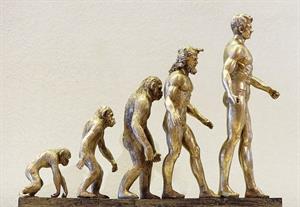
Human evolution
Today, we create fire using various tools. We use matchboxes or lighter to start a fire.
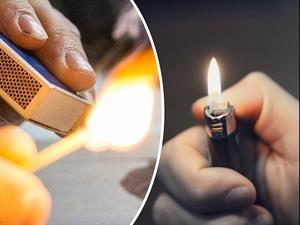
Starting a fire using a match stick and a lighter (from left to right)
But how do you think the early human created fire? Did they have matchboxes or a lighter back then? No. The matchsticks were invented only during the early 19th century. The lighter came much later.
The early human had used flintstones to create fire. Metals such as iron and steel were also used.
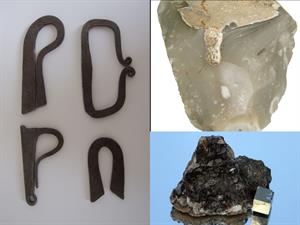
*Flint stone; rock of pyrite; and **fire steels (clockwise) were used to start a fire
Fire has several advantages and disadvantages. Can you think of any?
How do you think fire is used at your homes?
Food: The primary function of fire lies in the area of cooking. Most of the households in India and around the world rely on the gas stoves and traditional stoves for cooking.
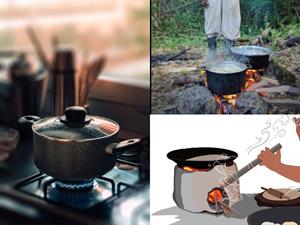
Gas stove (left) and traditional stoves (right)
Culture: Fire is also used as a part of religious practices. For instance, it is used for lighting brass lamps or diyas in Hindu, Sikh, Jain, and Zoroastrian religious festivals, households, and temples. On the other hand, candles are used worldwide in Churches or Christian homes.
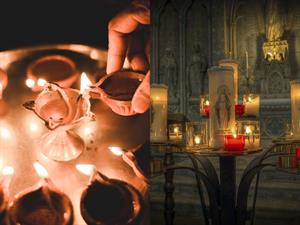
Lamps and candles hold a special place in some of the world religions and culture
Warmth: In colder regions, fire has been used to keep themselves warm. The houses normally have a fireplace where the fire is set on.

Fireplace (aka hearth)
Light: Candles and lamps are still sources of light in the absence of electricity.
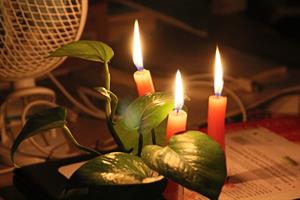
Candles are used to light up a room
What are the dangers involved with a fire?
Fire has been one of the most commonly found causes behind some of the human-made disasters in the world. War, arson, and fire accidents are some of them. Since fire can spread faster and wider, the outcome of such disasters are quite severe.
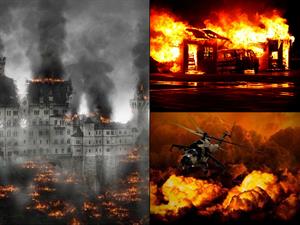
Disruptive fires caused at the hands of humans
Forest fires and volcano are some of the most terrible natural disasters in the world.
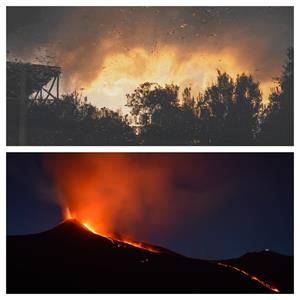
Forest fire (top); Volcano (bottom)
Reference:
*PC: https://en.wikipedia.org/wiki/Flint#/media/File:Miorcani_flint.jpg
**PC: https://upload.wikimedia.org/wikipedia/commons/3/33/Firesteels_assorted.jpg